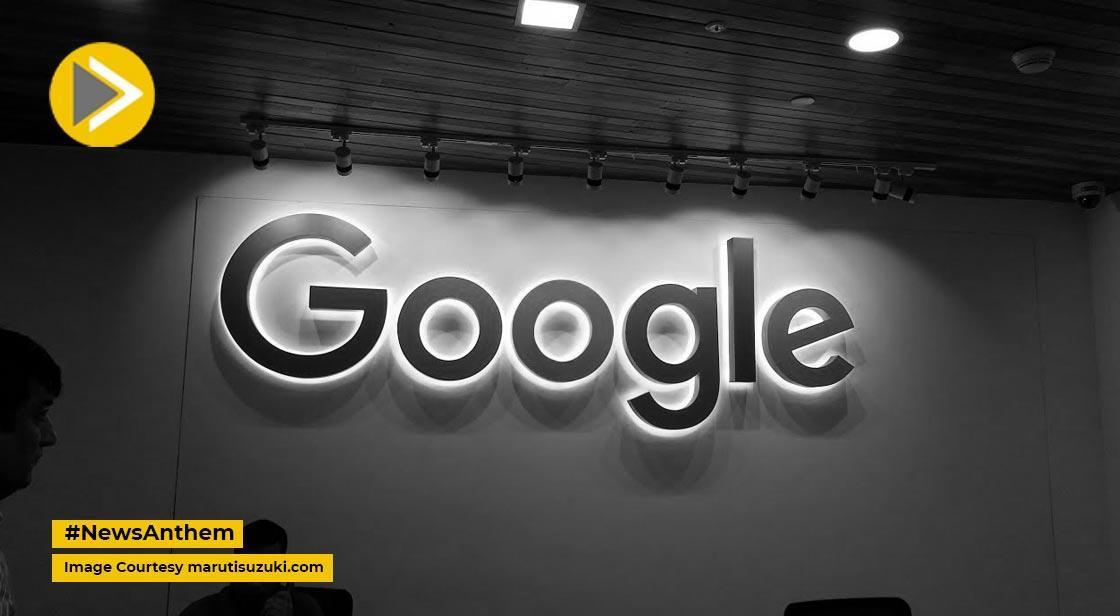Google to Face EU Charges for Allegedly Breaching Big Tech Regulations

News Synopsis
Alphabet Inc.’s Google is facing imminent charges from the European Commission for allegedly breaching the Digital Markets Act (DMA) by manipulating its search results to unfairly promote its own services. According to insiders familiar with the matter, the tech giant’s proposed adjustments failed to satisfy EU antitrust regulators and competing businesses.
The European Commission’s latest move against Google comes at a time of ongoing tensions between the EU and the United States, particularly concerning Big Tech regulations.
U.S. President Donald Trump had criticized EU-imposed fines on American tech firms, labeling them as unfair trade barriers. The growing scrutiny of tech monopolies has fueled concerns that the EU may soften its stance on enforcing strict penalties against tech giants.
What Is the EU Investigating Google For?
The European Commission launched its formal investigation into Google’s compliance with the DMA in March 2023. The inquiry centers around two key areas:
1. Favoring Google’s Own Services
The first investigation looks at whether Google has been prioritizing its own vertical search engines—such as Google Shopping, Google Flights, and Google Hotels—over competing platforms. Regulators suspect that Google is manipulating search results to disadvantage third-party services, making it harder for smaller competitors to gain visibility.
2. Restricting App Developers
The second investigation focuses on Google’s restrictions on app developers, specifically whether the company limits their ability to inform users about alternative offers outside the Google Play Store. The EU has raised concerns that such limitations prevent fair competition and limit consumer choices.
Why Google’s Proposed Changes Didn’t Satisfy Regulators
To comply with EU regulations, Google has recently introduced a series of changes to its search results format. The modifications were aimed at addressing complaints from price-comparison sites, hotels, airlines, and small retailers who claim that Google’s practices harm their businesses.
However, most of these changes have been dismissed as non-compliant by affected businesses and EU regulators. One key sticking point has been Google’s suggestion to revert to traditional ‘blue links’ in search results if it cannot meet rivals’ demands. Regulators have rejected this approach, considering it a threat rather than a constructive solution.
What’s at Stake for Google?
Under the Digital Markets Act, companies found guilty of self-preferencing and other anti-competitive practices could face fines of up to 10% of their global annual revenue. For Google, this could amount to billions of dollars in penalties.
The formal charges are expected to be issued soon, likely after the EU finalizes ongoing investigations into Apple and Meta Platforms. According to sources, the probes into Apple and Meta are in more advanced stages and will conclude before the case against Google moves forward.
If found guilty, Google will be required to make significant changes to its business model to comply with EU regulations or face continued legal challenges and potential financial penalties.
Conclusion
The EU’s latest move against Google signals a tougher regulatory stance on Big Tech dominance in digital markets. The Digital Markets Act, aimed at ensuring fair competition and consumer choice, places Google under increasing scrutiny for its alleged anti-competitive practices.
While Google has attempted to adjust its search algorithms to address EU concerns, regulators remain unconvinced that these changes effectively level the playing field for competitors. With potential fines running into billions, the outcome of this case could set a major precedent for future regulatory action against dominant tech firms worldwide.
As the EU proceeds with its investigations, the battle between regulators and Silicon Valley tech giants continues, shaping the future of digital competition and fair market practices. The coming months will be crucial in determining whether Google will face significant penalties or manage to strike a deal to avoid harsher consequences.
You May Like









